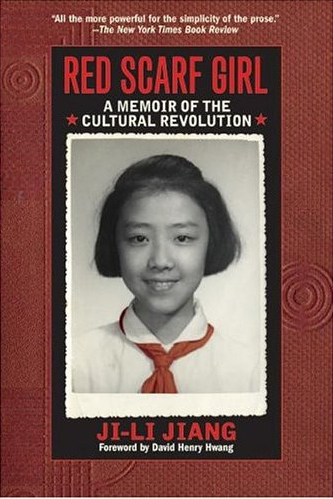
Just before students left for their Winter Break, CEO Steve Wallace visited students at Mukwonago High School to talk about his experiences in International Business with his chocolate company, Omanhene.
Mr. Wallace started his chocolate company in the early 1990's after reflecting back on his time in high school as an AFS exchange student. Mr. Wallace studied for a full year in Ghana where he built a strong connection and created fond memories with the many people he interacted with. You might say he became a poster child of the Global Scholars Program before the program existed. After returning home to the United States and working in business he decided to venture into the world of entrepreneurship in a non traditional way.

In most cases, chocolate is produced in countries found in western Europe, or in the United States. The main commodity however in producing chocolate is the cocoa bean grown in tropical areas. It just so happens that Ghana grows the highest quality cocoa beans which are then sold to multinational companies to be processed into the chocolate products we know and love. With this form of division of labor, the people that grow and harvest this product get a very small piece of the pie when it comes to profits, and most of the money stays in the countries of western Europe or the United States. Wallace wanted to change this. So he started Omanhene chocolate company that is a single source, premium chocolate, farmed and produced for export out of Ghana.
Steve Wallace's presentation was very interesting regarding his experiences and the development of Omanhene Chocolate. For example, he started the business making premium chocolate bars, but had to adjust to market demands to be successful and currently Omanhene focuses on chocolate powder (such as hot chocolate mix). However he has been able to expand and encourage Ghanaian investors to build a chocolate processing plant in Franklin, Wisconsin.
 The presentation gave students a great look into international entrepreneurship with a focus on international economics & business. Students learned about the 95% failure rate of new businesses in food based companies, why he adjusted products, and the selection of his market area. Wallace also addressed an interesting question of how Ghana is working to make sure the cocoa beans harvested in their country does not involve any child or slave labor, which can not be said for other cocoa producing countries.Omanhene has expanded to sell its hot chocolate powders in 35 states around the country, primarily in coffee shops. For more information about the company, visit their website linked here, and to learn more about Steve Wallace's story students can check out his book Obroni which is in Mr. Montanye's classroom (228).
The presentation gave students a great look into international entrepreneurship with a focus on international economics & business. Students learned about the 95% failure rate of new businesses in food based companies, why he adjusted products, and the selection of his market area. Wallace also addressed an interesting question of how Ghana is working to make sure the cocoa beans harvested in their country does not involve any child or slave labor, which can not be said for other cocoa producing countries.Omanhene has expanded to sell its hot chocolate powders in 35 states around the country, primarily in coffee shops. For more information about the company, visit their website linked here, and to learn more about Steve Wallace's story students can check out his book Obroni which is in Mr. Montanye's classroom (228).



